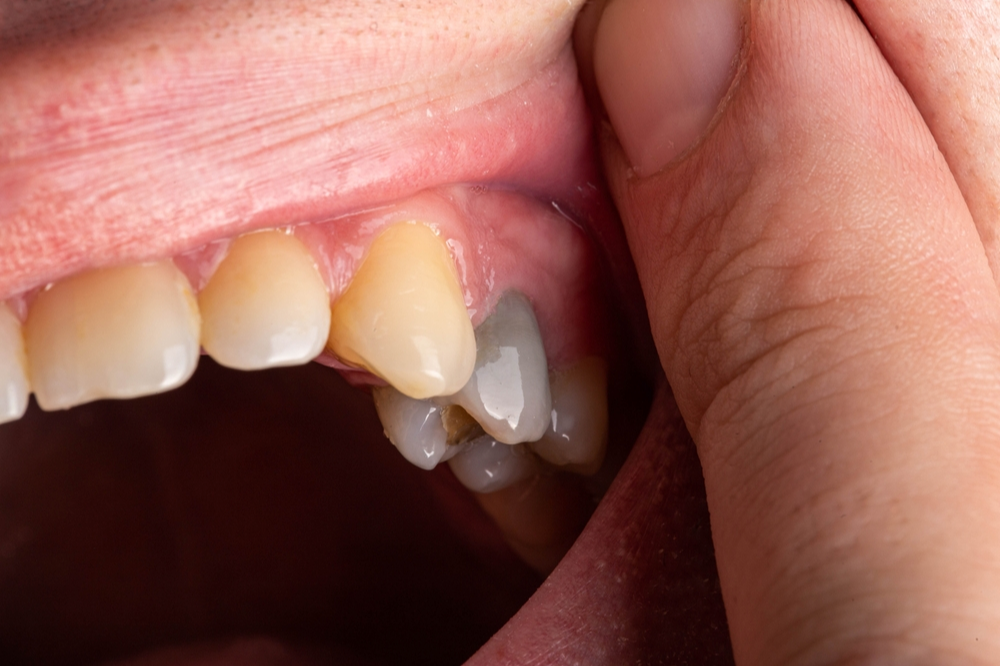Have you ever experienced a toothache that just won’t go away? Well, there might be a reason behind it called a “dead nerve” in your tooth. Don’t worry. In this blog piece, we will talk about a dead nerve in your teeth.
What’s a Dead Nerve in a Tooth?
Let’s understand what a dead nerve in a tooth means. Nerves in your body are like tiny wires that send messages to your brain, telling it when something hurts or feels nice. Imagine a tooth having a little nerve inside it. Sometimes, this nerve can stop working correctly, which we call a “dead nerve” in a tooth.
Causes of a Dead Nerve
- Tooth Decay: When you don’t regularly brush and floss your teeth, tiny bad bacteria can sneak in and start munching on your tooth. This munching creates a hole called a cavity, and if it gets deep enough, it can reach the nerve inside your tooth, causing it to die.
- Injury: Sometimes, if you accidentally bump your tooth hard, it can injure the nerve inside. Even though your tooth might look fine on the outside, the nerve inside could hurt.
- Aging: Just like everything in our bodies, our teeth also age. As we age, the nerves in our teeth might not work as well as they used to, eventually leading to a dead nerve.
Signs of a Dead Nerve
How do you know if you have a dead nerve in your tooth? Following are the signs:
- Toothache: A persistent toothache that doesn’t go away, even after taking painkillers.
- Discoloration: Your tooth might turn greyish or darker than your other teeth.
- Sensitivity: You might feel sensitive to hot or cold foods and drinks.
- Swelling: Sometimes, the area around the tooth might swell up.
Treatment Options
Don’t worry; there are ways to treat a dead nerve in your tooth:
- Root Canal: Root canal therapy might sound scary, but it’s not bad. A dentist will remove the dead nerve from inside your tooth, clean it up, and seal it back up. It’s like giving your tooth a little makeover from the inside!
- Extraction: In some cases, if the tooth is badly damaged and cannot be saved, the dentist might have to remove it. But don’t worry; your smile will still be as bright as ever!
- Medication: Your dentist might prescribe some antibiotics or pain relievers to help with the discomfort until you get proper treatment.
Prevention is Key
Now that we know about dead nerves in teeth, how can we prevent them?
- Brush and Floss: Make sure to brush your teeth at least twice daily and floss once daily to keep those pesky bacteria away.
- Regular Dental Check-ups: Don’t forget to visit your dentist regularly for check-ups. They can detect any issues early on and stop them from becoming more serious.
- Protect Your Teeth: If you play sports, wear a mouthguard to protect your teeth from accidents.
Remember, taking care of your teeth is super important for a healthy smile!
The Final Verdict
So, there you have it, young scholars! A dead nerve in a tooth might sound scary, but with proper care and treatment, you can brighten your smile. Remember to brush, floss, and visit your dentist regularly to keep those teeth happy and healthy.
And if you ever experience a toothache that just won’t go away, don’t hesitate to talk to your parents or visit the dentist.

